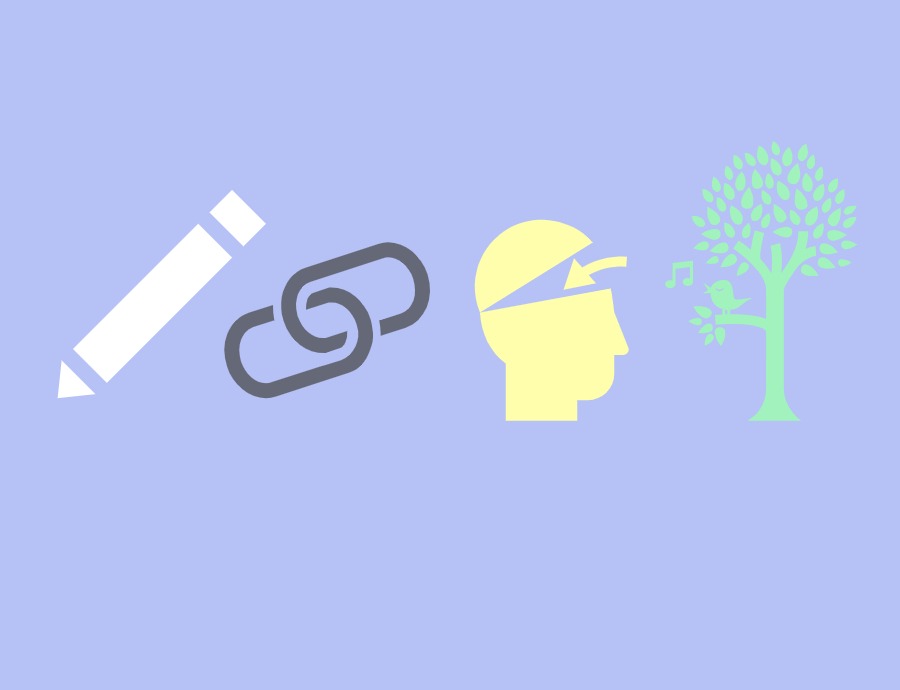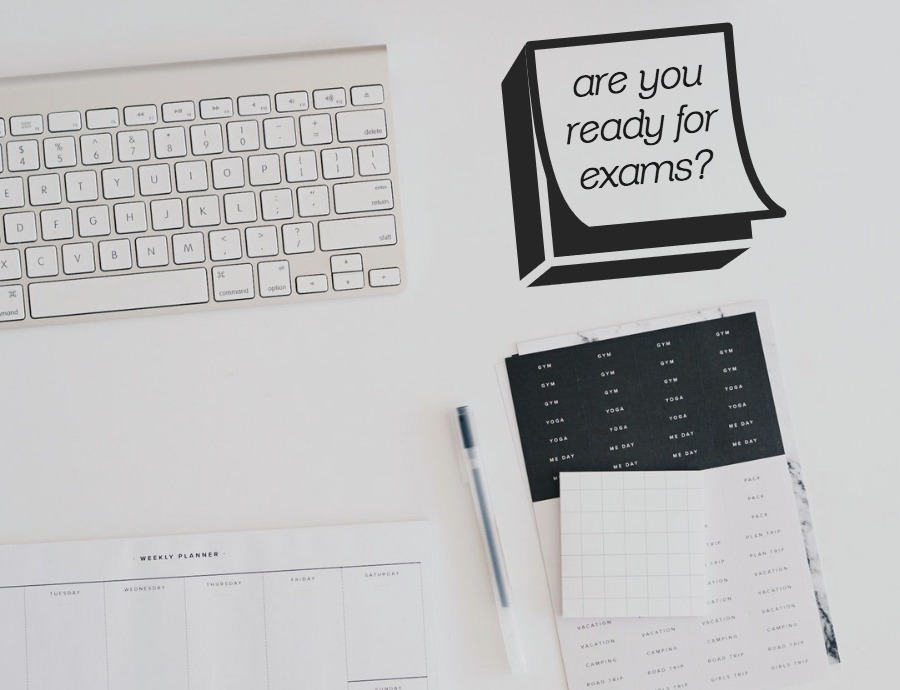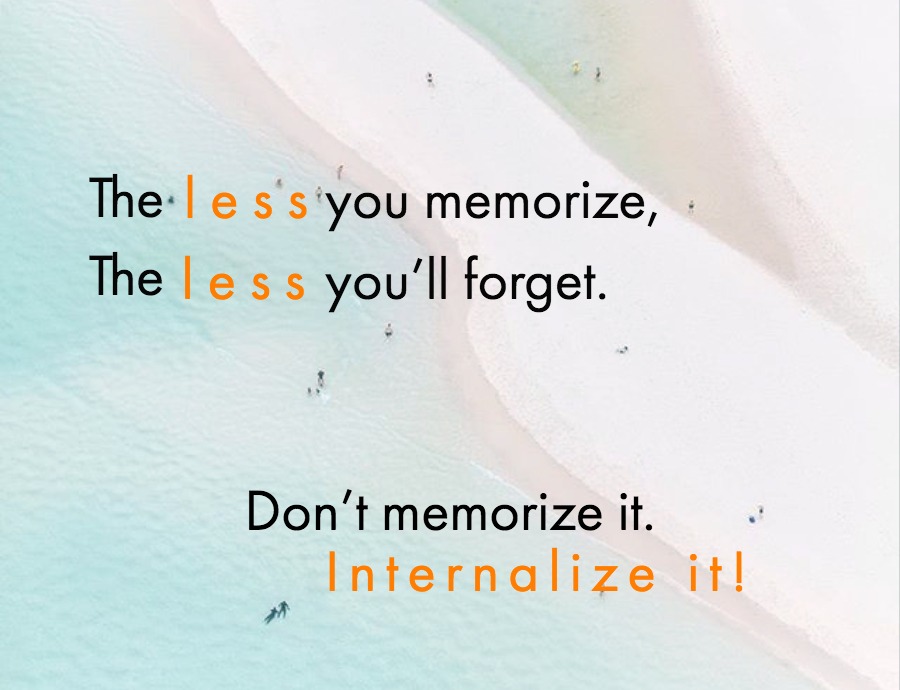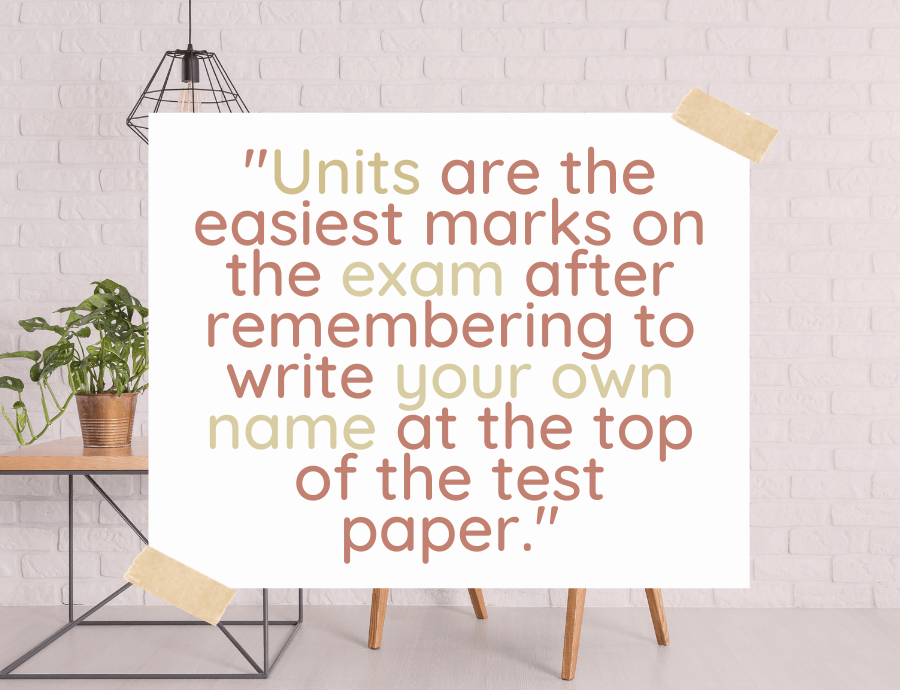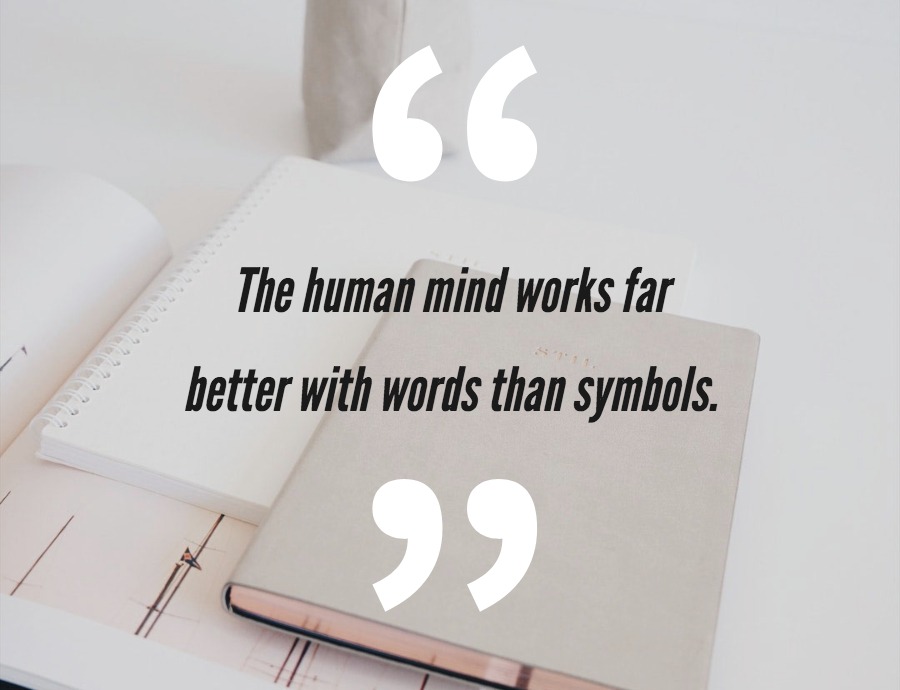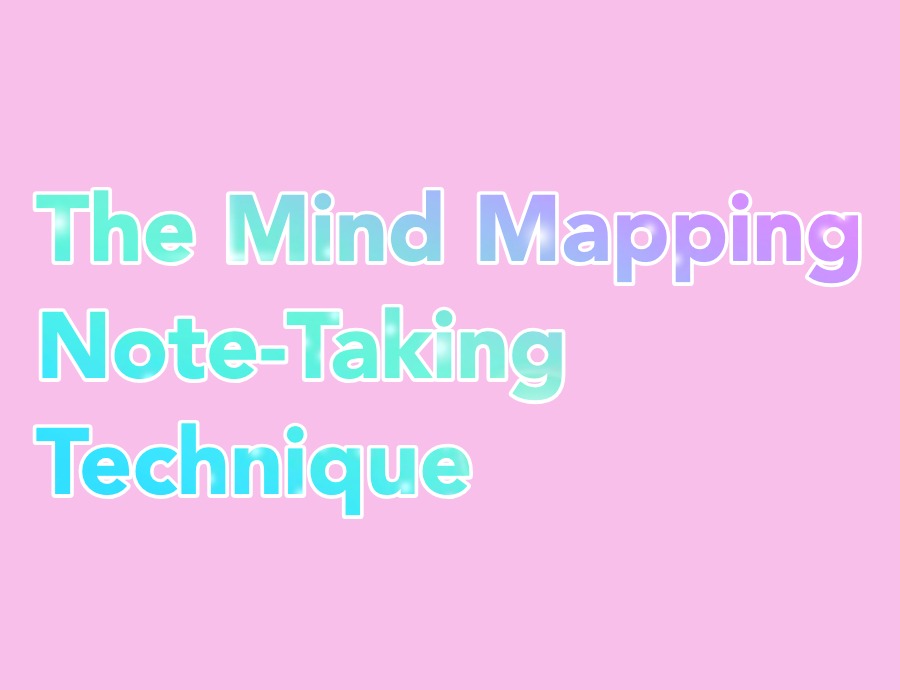A blank page and pen are everything you need for an excellent study session. Not every study session, you need to review those notes and attempt new problems sometimes, but plain paper and ink can offer an excellent break. Breaking into a new expanse of improving your memory, and breaking free of all those excuses like “Oh I need to go and get [OBJECT] before I can study”.
Sit down and start writing. The choices are endless. The latest subject you studied in class, but reducing it down to its key points? Writing a derivation you need to know for the exam, or at least getting as far as you can with it, then trying to fill in the blanks by actually looking at the last step instead of trying to just remember the next one? (Remember to write down ALL the parts you know to get part marks, don’t just go in a straight line and stop).
Make up an exam-style problem and then solve it yourself. Add a part b) by making up an extension, or a complication. Write a list of the types of problem you expect on the exam. Redo a problem you got wrong in the past, where you saw the actual solution and then thought “Oh ok that’s how you do it” instead of actually going through the work. You might be surprised at how much you don’t remember! And if you do that before the exam it’s a useful surprise instead of a nasty one.
Or just skip ahead to anything at all you remember and write, and write, and expand outwards from there in diagrams and equations and examples and problems and questions for yourself. Make notes of what you now know you need to know, the things you couldn’t complete when it was just you and a blank bit of paper.
Starting from your own brain and writing out, instead of sitting with a tower of notes and trying to fill it all in, is a nice change of pace. A fun way to find the boundaries of your knowledge and locate the gaps which need extra work. It can also be quite confidence-building, especially after doing it a few times. Instead of looking at all the notes you need to know, you get to see so much that you already do.
Sit down and start writing. The choices are endless. The latest subject you studied in class, but reducing it down to its key points? Writing a derivation you need to know for the exam, or at least getting as far as you can with it, then trying to fill in the blanks by actually looking at the last step instead of trying to just remember the next one? (Remember to write down ALL the parts you know to get part marks, don’t just go in a straight line and stop).
Make up an exam-style problem and then solve it yourself. Add a part b) by making up an extension, or a complication. Write a list of the types of problem you expect on the exam. Redo a problem you got wrong in the past, where you saw the actual solution and then thought “Oh ok that’s how you do it” instead of actually going through the work. You might be surprised at how much you don’t remember! And if you do that before the exam it’s a useful surprise instead of a nasty one.
Or just skip ahead to anything at all you remember and write, and write, and expand outwards from there in diagrams and equations and examples and problems and questions for yourself. Make notes of what you now know you need to know, the things you couldn’t complete when it was just you and a blank bit of paper.
Starting from your own brain and writing out, instead of sitting with a tower of notes and trying to fill it all in, is a nice change of pace. A fun way to find the boundaries of your knowledge and locate the gaps which need extra work. It can also be quite confidence-building, especially after doing it a few times. Instead of looking at all the notes you need to know, you get to see so much that you already do.


